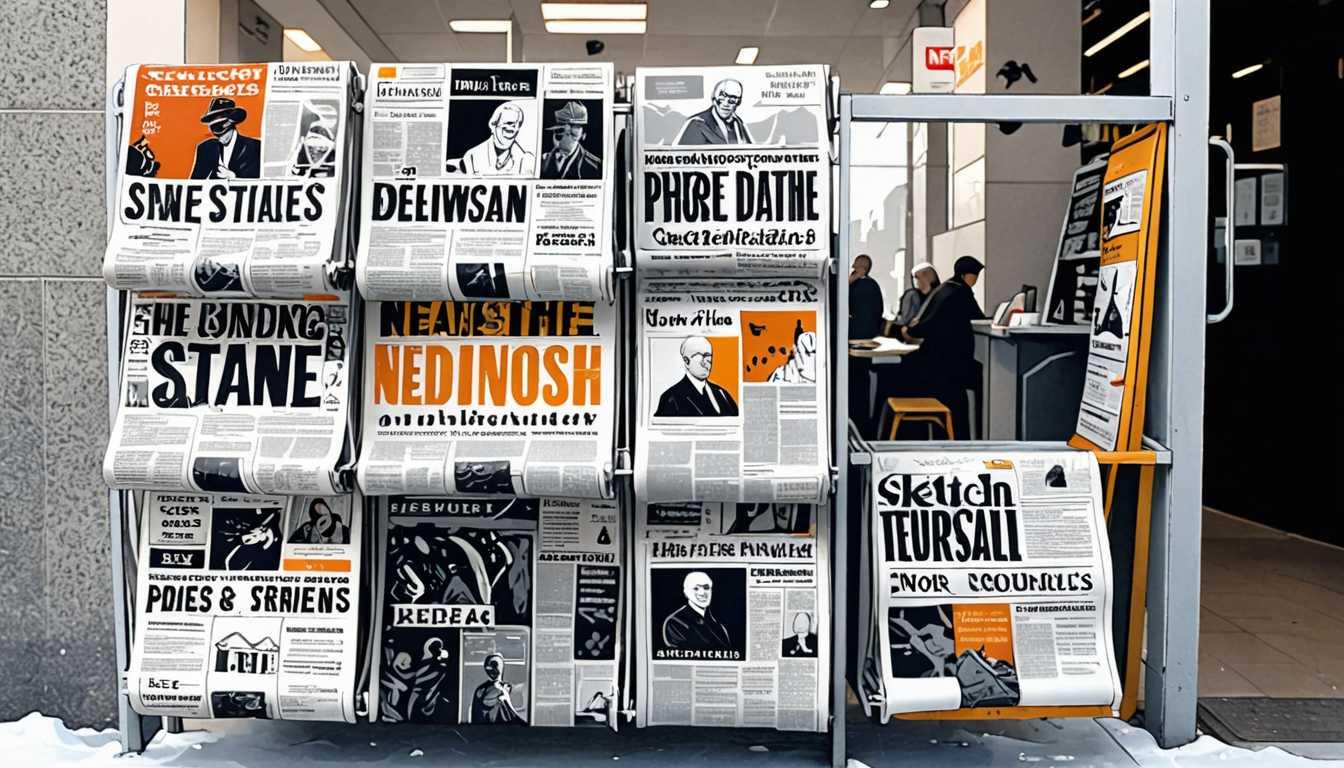Crowds vs. Misinformation: Taiwan's Triumph
November 2023
Cornell University
Introduction
Dive into the digital battle against misinformation with Cornell University's latest find: crowdsourced fact-checking in Taiwan! Discover how volunteer-powered sites like Cofacts are outpacing professional journalists in the race to debunk myths, offering rapid responses and covering a unique mix of topics. With a blend of tech, community spirit, and a pinch of humor, this study showcases the power of the crowd in preserving truth online. Ready to see how everyday heroes tackle fake news, one fact at a time?
READ FULL ARTICLEWhy It Matters
Discover how this topic shapes your world and future
Unraveling the Web of Truths and Myths
In a world where the internet floods us with information, distinguishing between what's true and what's not becomes a Herculean task. Crowdsourced fact-checking, as seen in Taiwan's Cofacts project, emerges as a beacon of hope. This initiative not only showcases the power of community in battling misinformation but also highlights a global challenge that affects us all, including you. Imagine living in a world where every piece of information you come across is reliable and verified. That's the significance of this topic. It's not just about fact-checking; it's about building a trustworthy information ecosystem that supports informed decision-making and fosters a knowledgeable society. As digital natives, understanding and contributing to this ecosystem could very well be part of your legacy.
Speak like a Scholar
Misinformation
False or inaccurate information, especially that which is deliberately intended to deceive.
Crowdsourced
A method of obtaining information or input into a task or project by enlisting the services of a large number of people, either paid or unpaid, typically via the Internet.
Fact-checking
The process of verifying the factual accuracy of information to determine its truthfulness and correctness.
Natural Language Processing (NLP)
A branch of artificial intelligence that helps computers understand, interpret, and manipulate human language.
Generative Artificial Intelligence (AI)
A type of AI that can generate content, such as text or images, that is new and original, rather than simply analyzing or categorizing existing content.
Persuasiveness
The quality of being convincing or believable. The ability to make someone else agree with or accept a point of view or message.
Independent Research Ideas
The Role of Language in Misinformation
Investigate how linguistic nuances influence the spread and perception of misinformation across different cultures. This topic could reveal how language barriers affect the effectiveness of fact-checking efforts.
Psychology of Sharing
Explore why people share misinformation, focusing on the psychological triggers such as fear, excitement, or the desire to belong, that make false information spread faster than the truth.
AI and the Future of Misinformation
Delve into how generative AI technologies could change the landscape of misinformation, examining both the risks and the potential solutions AI might offer for more robust fact-checking mechanisms.
Crowdsourcing vs. Professional Fact-Checking
Conduct a comparative study on the effectiveness, reach, and reliability of crowdsourced fact-checking platforms versus professional fact-checking services. This research could uncover insights into the strengths and weaknesses of both approaches.
Fact-Checking and Democracy
Investigate the impact of fact-checking initiatives on democratic processes, particularly how they influence public opinion, voting behavior, and the overall health of a democracy. This topic sits at the intersection of political science, media studies, and information technology.
Related Articles

Fact-Checking: Reddit's Game Changer
August 2023
Cornell University

Rethinking Journalism: Baron's Truth Quest
March 2024
Harvard University

When Newspapers Fade, Corruption Rises!
September 2024
LSE Business Review

Why We Share Fake News
October 2023
Phys Org

Brainwashing: Myths and Science
April 2024
MIT Technology Review